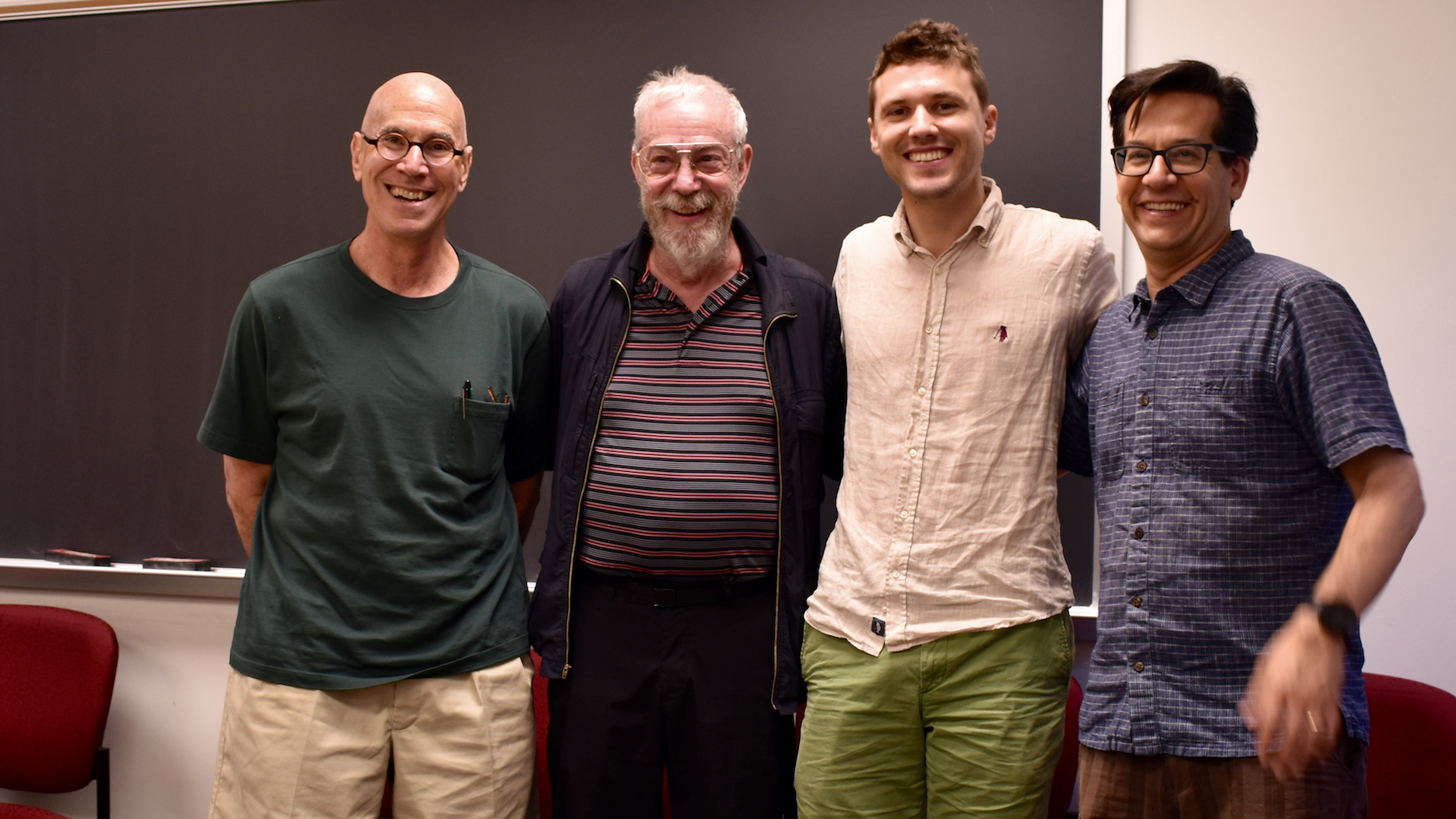[GLLaM] Aaron Doliana - How many grammars of Accusative-and-Infinitive constructions can we confirm there to be in English?

[GLLaM] Aaron Doliana - How many grammars of Accusative-and-Infinitive constructions can we confirm there to be in English?
Accusative-and-Infinitive constructions in English [1] have a somewhat ambiguous status in the syntactic literature. There is evidence in favor of two competing grammars for them: the understood subject of the infinitival complement (them) moves to the matrix clause [Raising; 1a], or it stays in the embedded clause [No Raising; 1b]. Howard Lasnik argues for a third alternative: at least some speakers have a grammar that can generate both outcomes [Optional Raising; 1a+1b]. We present initial results and lay out the logic of an acceptability rating study that probes the existence of Optional Raising speakers by testing whether (a) there is the described variation between speakers within certain diagnostics, and (b) whether speakers are consistent within themselves between those diagnostics.
(1) Myra believes them to be liars.
a. [Myra believes them [INF t to be liars]]
b. [Myra believes [INF them to be liars]]

